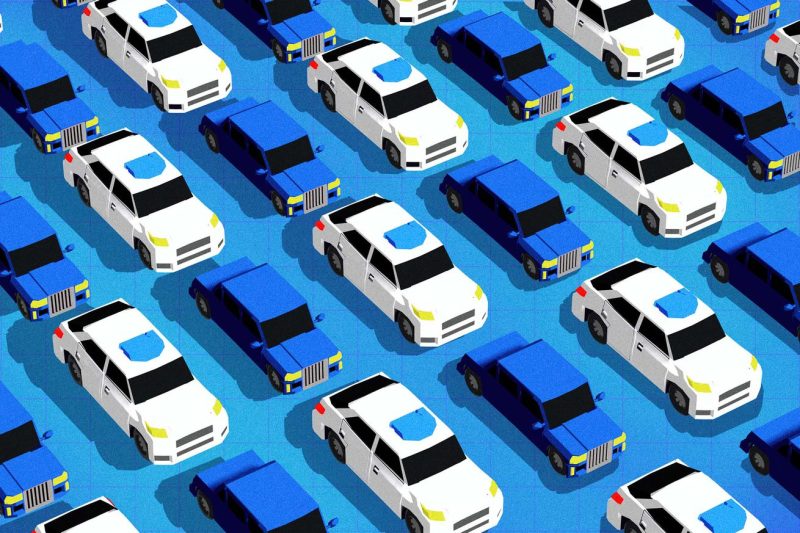The 160-year-old theory known as Jevons Paradox, which was initially proposed by the British economist William Stanley Jevons in the mid-19th century, continues to hold relevance in our rapidly evolving technological landscape. This theoretical concept states that as technological advancements improve the efficiency of resource consumption, the overall consumption of that resource tends to increase rather than decrease. While Jevons initially applied this theory to coal consumption during the industrial revolution, its implications are far-reaching and can be seen in various modern contexts, including the development of self-driving vehicles.
The rise of self-driving technology represents a significant evolution in the automotive industry, promising increased safety, efficiency, and convenience on the roads. However, applying the lens of Jevons Paradox to this emerging trend raises thought-provoking questions about its potential impact on overall energy consumption and environmental sustainability.
One of the key arguments stemming from Jevons Paradox is that as self-driving cars become more mainstream and efficient, there is a likelihood that the demand for personal transportation will increase. This can be attributed to factors such as reduced travel costs, improved accessibility, and the ability to engage in other activities during the commute. As a result, the overall volume of vehicle miles traveled could surge, leading to higher energy consumption and potentially offsetting the expected environmental benefits of self-driving technology.
Moreover, the widespread adoption of self-driving vehicles could also have broader implications for urban planning and infrastructure development. With the potential increase in vehicle usage and congestion, city planners may need to rethink transportation systems and land use patterns to accommodate the changing dynamics of mobility. This includes considerations for integrating public transportation, promoting shared mobility services, and implementing smart city solutions to enhance connectivity and reduce traffic congestion.
Furthermore, the integration of self-driving technology into other sectors such as logistics, delivery services, and ride-sharing platforms could further amplify the effects of Jevons Paradox. As businesses seek to optimize their operations and reduce costs through autonomous vehicles, there is a possibility of a cascading effect on energy consumption and resource utilization across various industries.
In navigating the implications of Jevons Paradox in the context of self-driving technology, policymakers, industry leaders, and consumers must proactively address potential challenges and opportunities. This includes prioritizing sustainable and equitable transportation solutions, promoting innovation in energy-efficient technologies, and fostering a holistic approach to urban planning and mobility management.
Ultimately, the parallels between Jevons Paradox and the rise of self-driving vehicles underscore the complex interplay between technological progress, resource utilization, and societal behavior. By critically examining these dynamics and embracing a forward-thinking approach to innovation, we can strive towards a future where advancements in self-driving technology align with our collective goals for a more sustainable and resilient world.




























